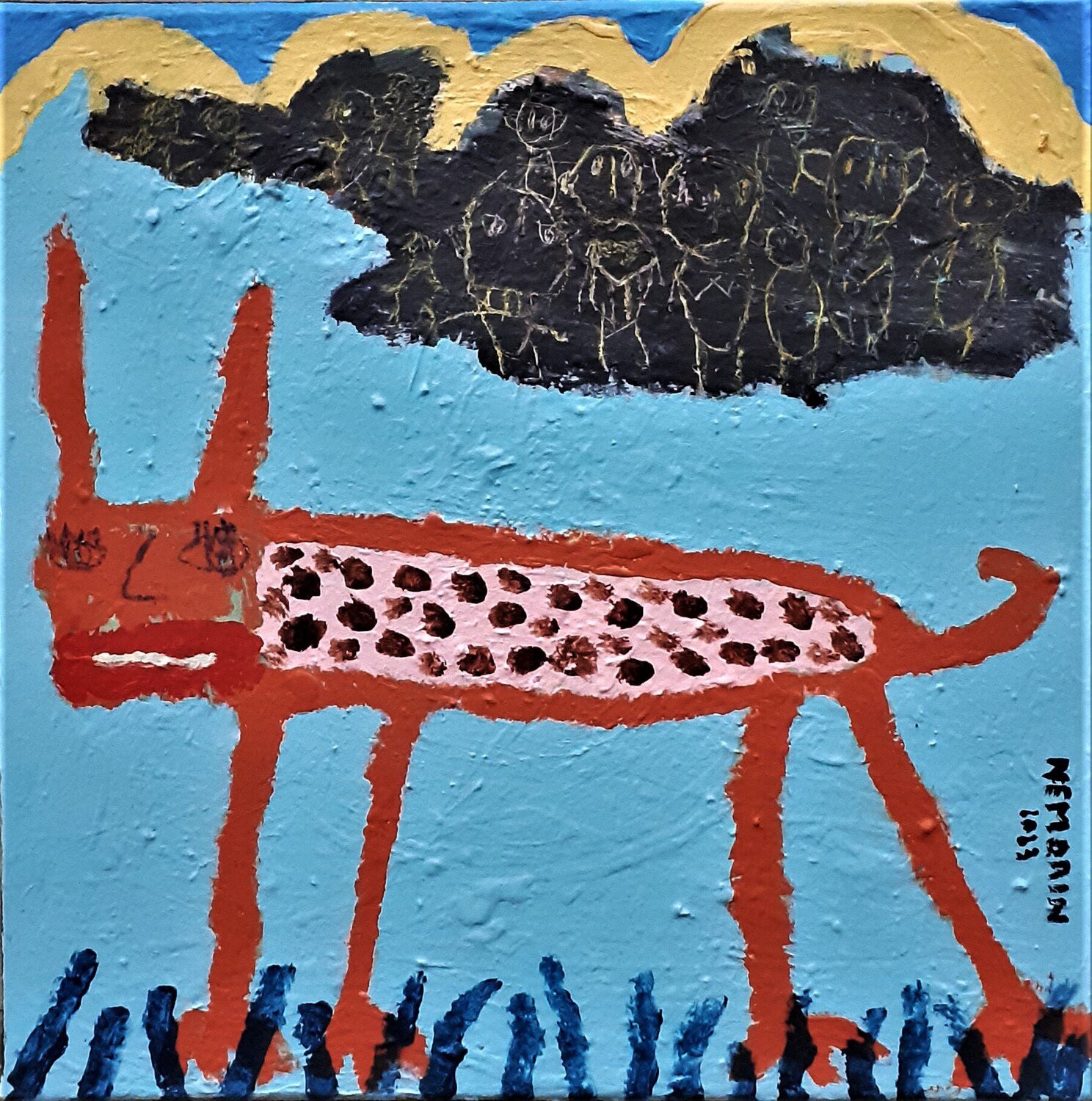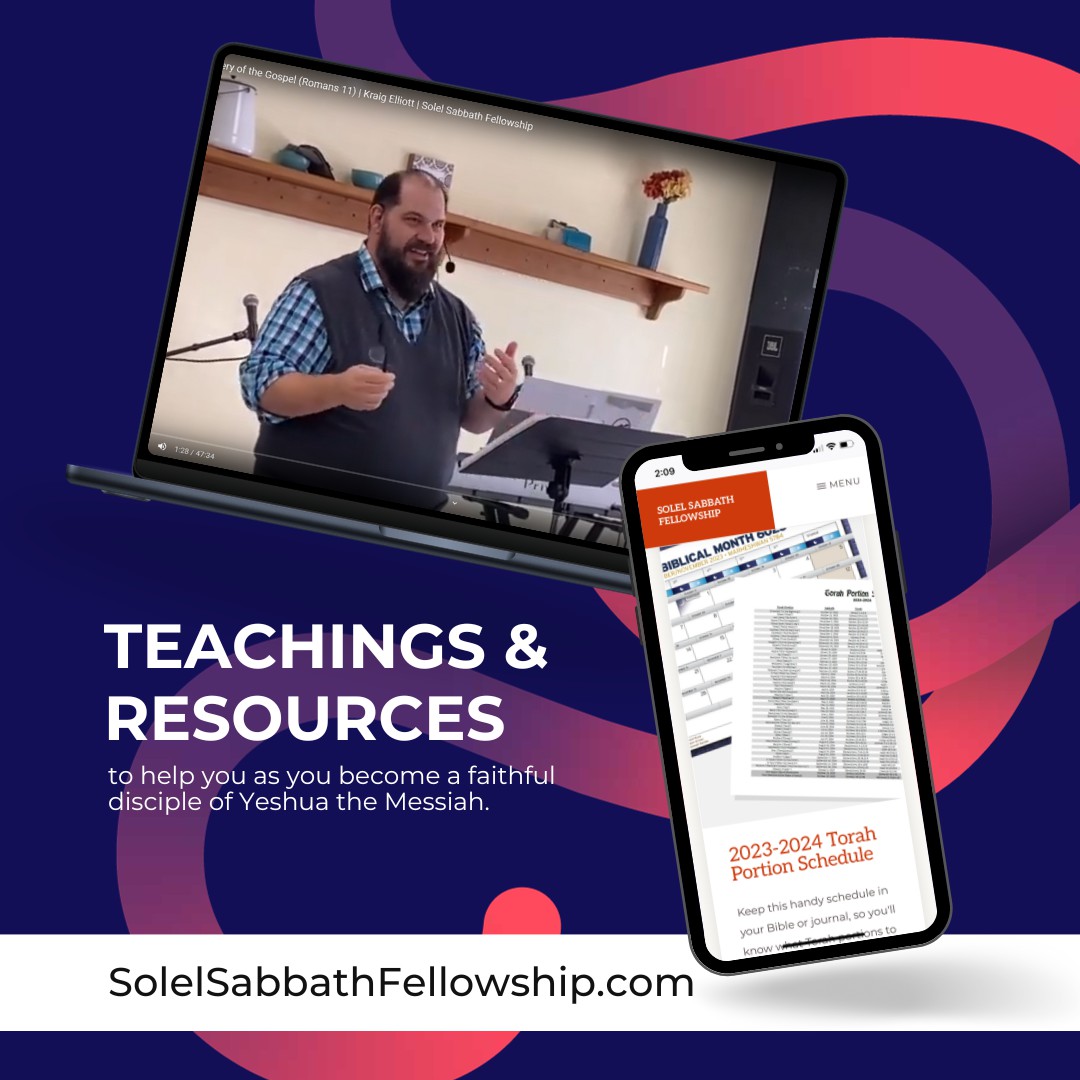Watch
Events
Articles
Market
More
This coming week, 5-11 November 2023 (21-27 Cheshvan 5784), the Bible reading plan covers Chayei Sarah (Life of Sarah).
05 Nov Genesis 23:1-16 Judges 12:8-14:7 Matthew 18:1-17 Psalm 18:13-19
06 Nov Genesis 23:17-24:9 Judges 14:8-16:9 Matthew 18:18-35 Psalm 18:20-30
07 Nov Genesis 24:10-26 Judges 16:4-18:7 Matthew 19:1-22 Psalm 18:31-42
08 Nov Genesis 24:27-52 Judges 18:8-19:21 Matthew 19:23-20:16 Psalm 18:43-50
09 Nov Genesis 24:53-67 Judges 19:22-20:35 Matthew 20:17-34 Psalm 19:1-14
10 Nov Genesis 25:1-11 Judges 20:36-21:25 Matthew 21:1-22 Psalm 20:1-9
11 Nov Genesis 25:12-18 1 Kings 1:1-31 Matthew 21:23-46 Proverbs 4:1-9
The complete annual Bible reading plan for 2023-24 (Hebrew year 5784) is available at this link:
https://thebarkingfox.com/2023..../11/03/weekly-bible-



This OOMlich cat picture.
https://www.singulart.com/en/a....rtworks/ronnie-nemor
Tell me about a Strange thing that intrigues you!
Every working day I post an OOM for the Strange things of our Maker.
ofourmaker.com
#dailyoom




At Solel, we are committed to help you become a faithful disciple of Yeshua the Messiah. You can find videos from each Sabbath's teachings on our website, as well as lots of resources and downloads to equip you and your family.
https://solelsabbathfellowship.com




Torah tells us how that a house should normally be organized according to patriarchal principles, but a wise patriarch is flexible. He teaches and guides daily, but he also dictates at times, but he also serves and listens to rebuke and advice from his wife and even from his children and servants when necessary.
#patriarchy #leadership #vayera
https://www.americantorah.com/....2015/10/27/sometimes


